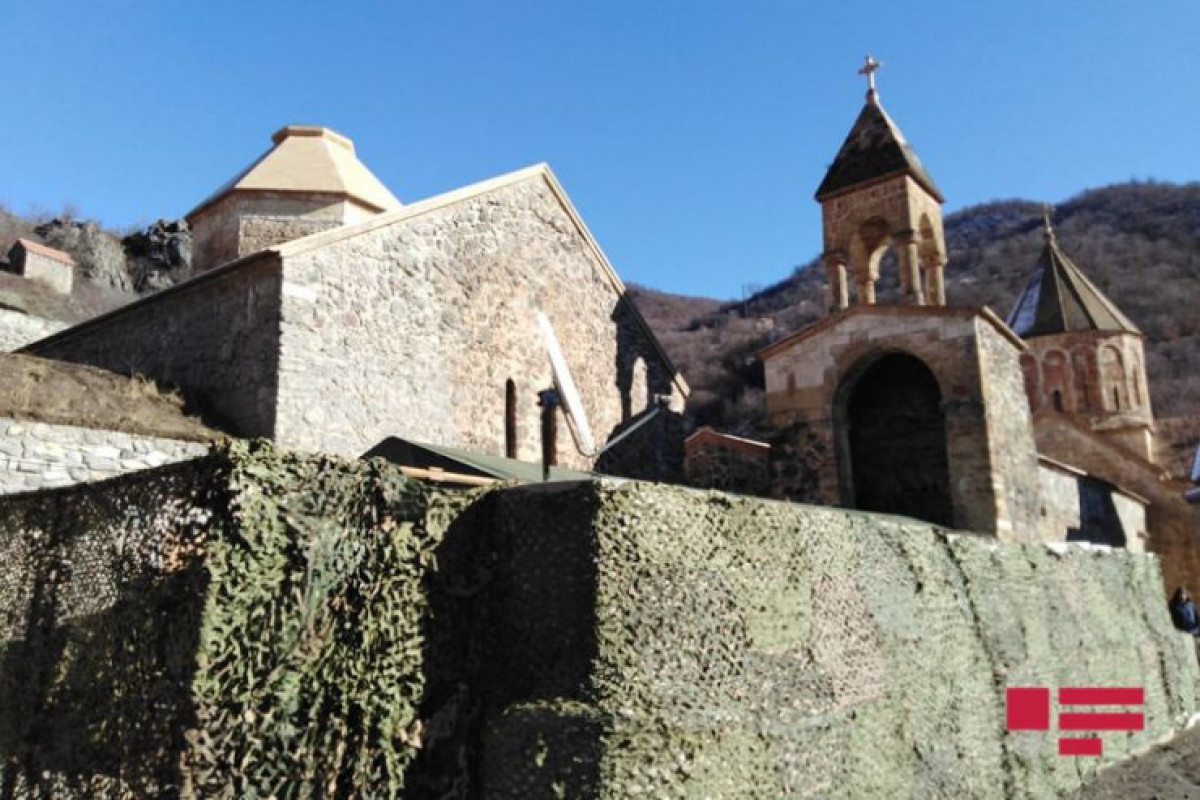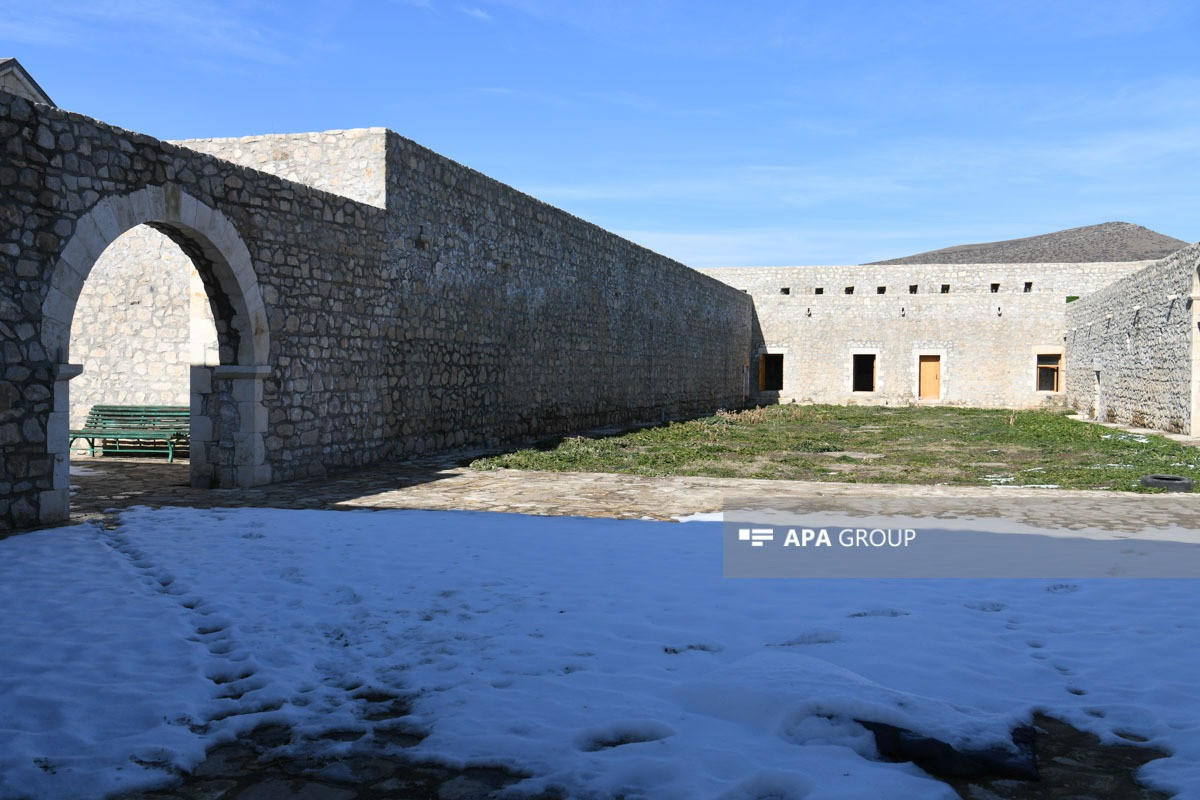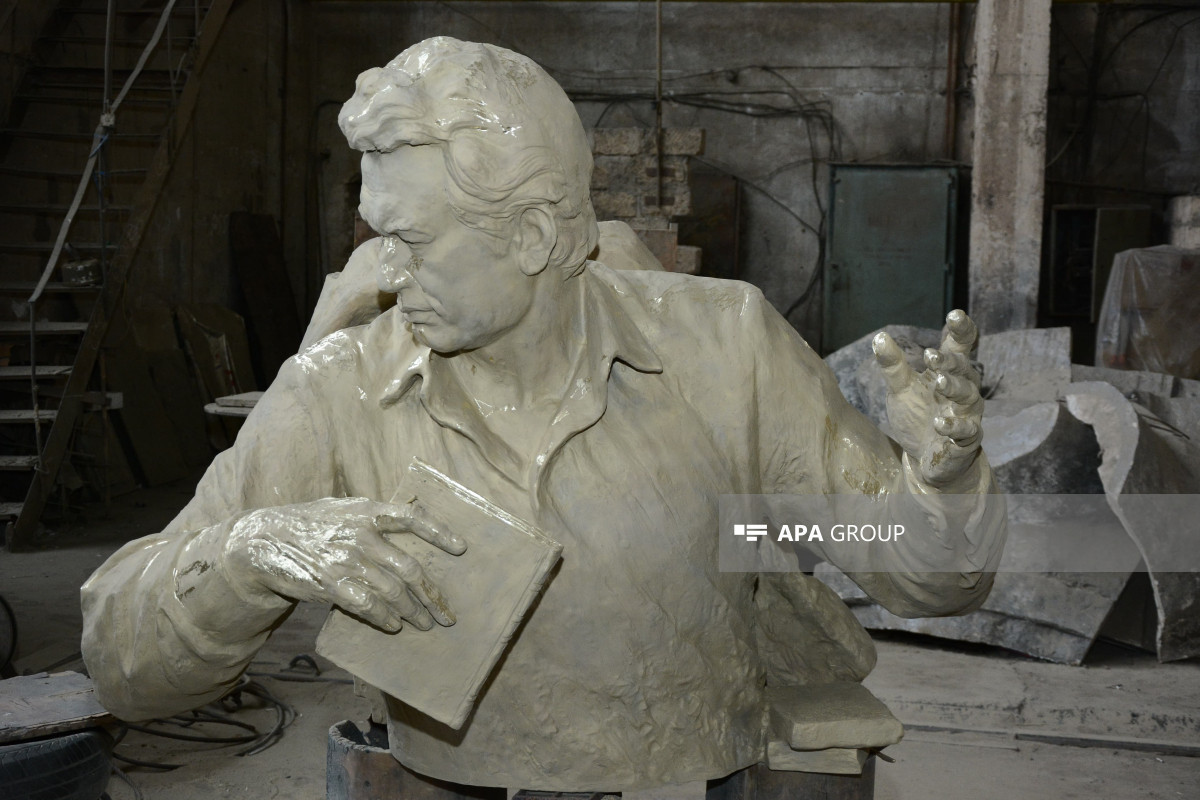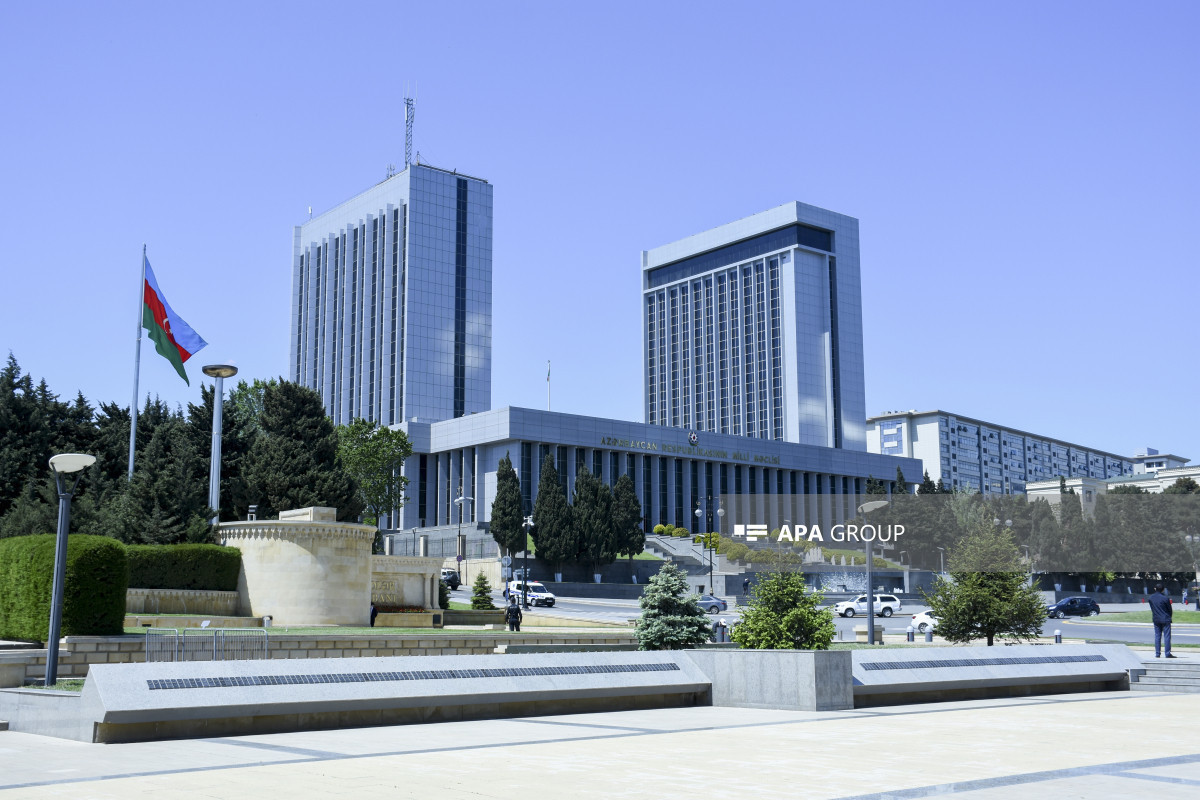Whereas February should be a month filled with the premise of spring, in Azerbaijan it is a month of sadness. This sadness is shared by all of those around the world who value human life and uphold the rule of international law. That is because, on the night of 25–26 February 1992, the worst atrocity committed by invading Armenian armed forces was undertaken in the town of Khojaly. Altogether, during that 24-hour period, 613 civilians died – including 106 women, 63 children and 70 elderly people.
The event on 22 February was held in the centre of the Swiss capital Bern in the 150-year-old Bellevue Palace, amidst the stunning Bernese Alps.
It was organised within the Justice for Khojaly campaign, commemorating the victims of the Khojaly massacre, which occurred on 26 February 1992, The European Azerbaijan Society (TEAS) told APA.
The venue was the official guesthouse of the Swiss government, which remains the accommodation of choice for politicians, diplomats and celebrities alike.
Throughout this evocative and emotional evening filled with Azerbaijani music, the overwhelming sense was of loss and the umbilical connection with Khojaly, in the Nagorno-Karabakh region. Many of the greatest Azerbaijani classical composers – all of whom combined the microtones of mugham with western classical music – were born or had familial connections to Nagorno-Karabakh. The father of Fikret Amirov was a khanende (mugham singer) from Shusha, Nagorno-Karabakh, and this was evident in his emotional Elegie, performed by the chamber ensemble Rhein-Quartett.
The octogenarian Azerbaijani composer Khayyam Mirzazade graduated from Azerbaijan State Conservatoire in 1957, where he studied under Gara Garayev and thereafter continued to teach. From 1969–83, he was a manager of composition cathedra at Azerbaijan State Conservatoire. The work performed in Bern was a setting of the plaintive traditional song Berzeni.
Enrique Granados – himself a victim of the First World War – was a Spanish pianist and composer of classical music in a uniquely Spanish style. Composed in 1890, Orientale is one of the 12 pieces comprising his Danzas Españolas (Spanish Dances), and was particularly sublime and evocative.
The concert went on with a particularly emotive Azad Bir QuÅŸdum by Afrasiyab Badalbeyli.
The concert concluded with Pierre Thilloy’s Khojaly 613, a tone poem representing the horrors of that fateful night. This harnessed the power of violin, clarinet and string quartet to evoke the sounds of marching, screams machine-gun fire and folk music themes to devastating effect, featuring Azerbaijani violinist Nazrin Rashidova, Latvian clarinettist Anna Gagane and the chamber music ensemble Rhein-Quartett. All audience members were given a CD of this outstanding contemporary work.
H.E. Akram Zeynalli, Azerbaijani Ambassador to the Swiss Confederation and the Principality of Liechtenstein, informed the audience about the Justice for Khojaly campaign initiated by Mrs Leyla Aliyeva, Vice-President of the Heydar Aliyev Foundation. Partly as a result of this campaign, many parliaments in the world have already recognised the Khojaly massacre as a war crime, and the Ambassador urged Swiss parliamentarians to follow suit. He further commented: “Every year, in February, the Khojaly massacre reminds us that justice should prevail and that all those responsible should be brought to justice, and that peace should be established in this land.”
Speaking before the audience of more than hundred politicians, VIPs and press representatives, Eliza Pieter, Head, TEAS Strasbourg office, explained: “This event tonight is designed to help us remember that man can be inhumane, and that war has terrible consequences – particularly for the civilians swept up in it. It also highlights the fact that the perpetrators of the massacre at Khojaly and in other places in the region are known. And it is designed to further the campaign to bring them to justice.”
Before the musicians performed the piece Khojaly 613, its French composer, Pierre Thilloy, took to the stage and explained: “I am not a politician; I am not a diplomat. I am trying to express, through music, what cannot be expressed through words. I am hopeful that peace will come. Whilst writing this piece, I was like a bird flying over Khojaly on that fateful night, on 26 February 1992, recounting that tragic chapter through music.
“Justice demands that the four UN Security Council Resolutions instructing Armenia to withdraw its occupying forces should be implemented. Justice also demands that Armenia should be sanctioned for defying the UN Security Council resolutions, and for the occupation of its neighbour’s territory.”






